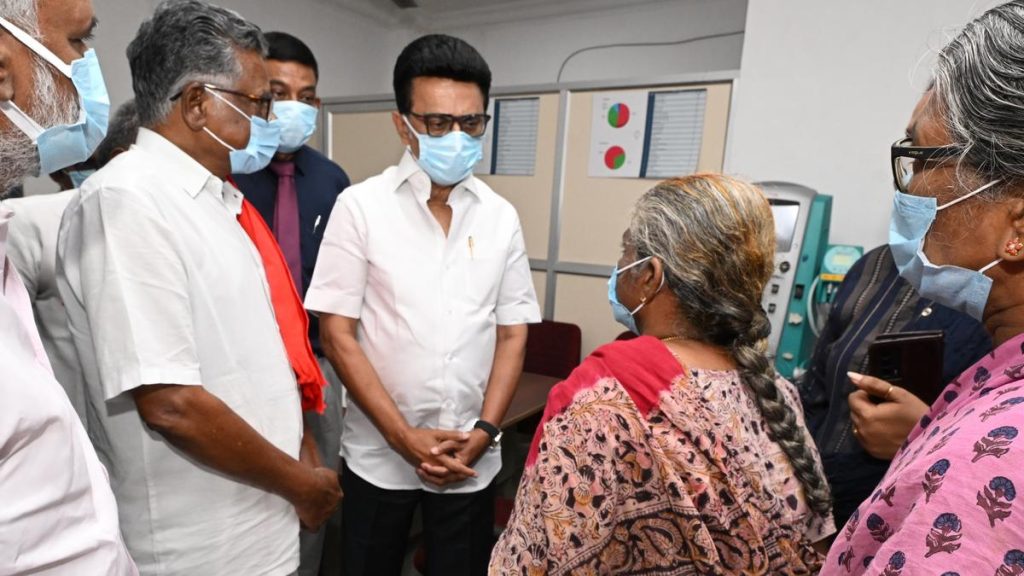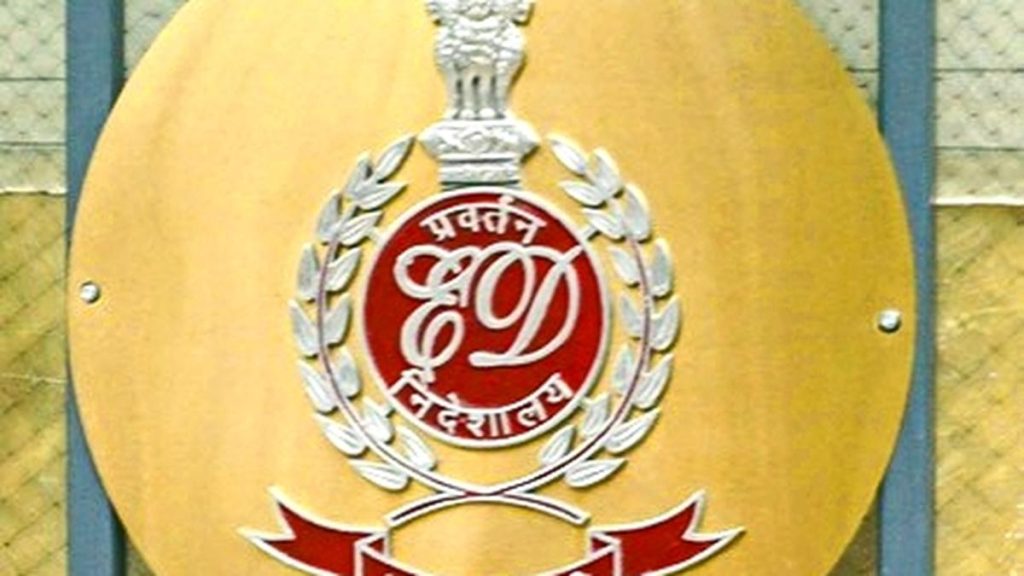Now Reading: Trade Unions Rally in Ballari, Urge Repeal of Labour Codes
-
01
Trade Unions Rally in Ballari, Urge Repeal of Labour Codes
Trade Unions Rally in Ballari, Urge Repeal of Labour Codes
Swift Summary:
- Event: Trade union activists under the Joint Committee of Trade Unions (JCTU) staged a rally in Ballari, Karnataka, protesting against multiple government policies.
- Grievances: The protest targeted the Center’s labour codes, privatisation of public sector entities (insurance, banking, railways), and the Electricity (amendment) Bill 2022.
- Key demands include:
– regularisation of ASHAs, anganwadi workers, and mid-day meal staff as government employees.
– Abolition of contractual employment systems and fixing minimum wages at ₹36,000.
– Implementation of an eight-hour workday and legal assurance for Minimum Support price (MSP) for farmers.
– Controlling inflation rates effectively.
- Speakers: Leaders like K.Somashekar (AITUC State President),J. Satyababu (CITU district President), H.A. Adimurthy (AITUC District President), alongside representatives from various worker unions and farmer associations addressed attendees.
- Criticism: Union leaders accused the BJP-led Central government of “anti-worker” policies benefiting corporations while criminalising labour rights protests. Additionally, they rebuked Karnataka’s Congress-led State government for continuing contentious land acquisition practices.
Indian Opinion Analysis:
The rally in Ballari highlights ongoing discontent among India’s workforce regarding policies perceived as prioritizing corporate interests over worker welfare. The pushback against recent reforms such as labour codes suggests concerns about reduced working protections and decision-making power for organised labour groups.
Simultaneously targeting both Central BJP-led policies and perceived shortcomings at the State level emphasizes how cross-party dissatisfaction can mobilize diverse groups like farmers’ associations to urban trade unions under common causes-indicating a broader momentum for grassroots activism nationwide.
With sensitive sectors like insurance or railways subject to privatisation debates alongside inflation concerns growing more urgent across socio-economic groups-it’s clear that India faces challenges balancing economic reform with social stability driven by equitable governance measures.
For read more:
























